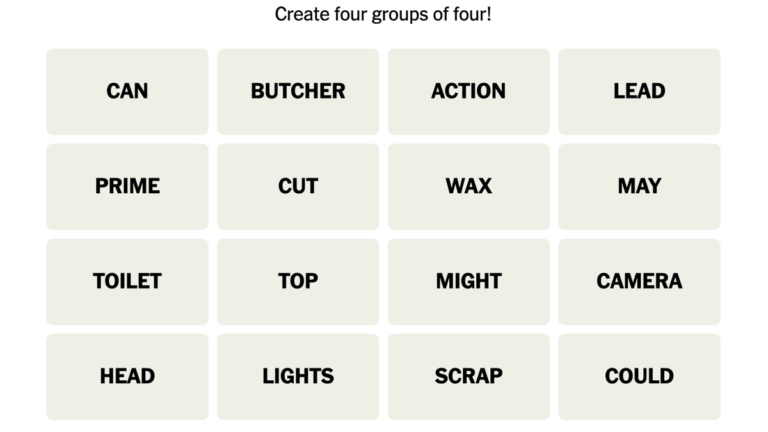Why the Antitrust Suit Against Google Won’t Have the Same Impact as the Microsoft Case
For longtime observers of the tech industry, the recent antitrust suit filed by the US Department of Justice against Google may feel reminiscent of the case against Microsoft in 1998. Both cases accuse the companies of illegally using their monopoly power to maintain dominance in their respective markets. While these parallels exist, it is unlikely that the current lawsuit against Google will have the same far-reaching consequences as the Microsoft case did. Here’s why.
In the late 1990s, Microsoft held a significant market share in the tech industry, particularly in desktop and laptop operating systems with its Windows platform. On the other hand, Google is now just one of many tech giants, including Meta (formerly Facebook), Microsoft, Apple, Amazon, and Twitter. This difference in market dynamics means that the impact of the current suit against Google will be different.
The Department of Justice claims that Google has maintained a monopoly in internet search by making large payments to smartphone manufacturers and wireless carriers to ensure that Google remains their default search engine. If the government succeeds in its lawsuit, Google may no longer be able to make these payments. However, it is unclear whether users will abandon Google in favor of other search engines. Despite Microsoft’s Bing being the default search engine for PCs, Google still dominates the market with an 83% share. Switching to an alternative search engine like Bing or DuckDuckGo is unlikely to significantly alter users’ internet browsing habits.
Furthermore, the rise of artificial intelligence (AI) in improving internet search means that if users do switch, they may be more inclined to choose Bing due to Microsoft’s advancements in AI technology. Given the size and market capitalization of Microsoft, it is not a small tech upstart that a new search engine can easily challenge.
In contrast, the lawsuit against Microsoft in 1998 had more significant implications. At the time, Microsoft’s Windows operating system had around 90% market share, effectively making it the dominant player in the tech industry. Microsoft used its power to force PC manufacturers to include its Internet Explorer browser as the default, preventing other browsers from being pre-installed on Windows. This unfair business practice stifled competition and positioned Microsoft as the gatekeeper to the internet.
The suit against Microsoft also addressed other issues, such as Microsoft’s restrictive practices with developers and its dominant position in the desktop software market. Ultimately, the courts ruled in favor of the government, leading to a proposed breakup of Microsoft. Although the breakup did not occur, the suit had a lasting impact on Microsoft’s trajectory, redirecting its focus and allowing new tech giants like Google, Facebook, and Amazon to emerge.
In contrast, the effects of the current suit against Google are unlikely to be as far-reaching. While it may embolden the government to pursue further antitrust actions against big tech companies, it is not expected to fundamentally reshape the tech industry or dramatically alter Google’s dominance in search. The challenge for regulators in the current landscape lies in striking the right balance between promoting competition and innovation without stifling progress.
Source: The antitrust suit against Google isn’t the DOJ-Microsoft fight redux







